By Sharon Nanyonza
Today more than one billion people in the world are faced with some form of disability. People with disabilities experience various types of impairments including physical, psychosocial, intellectual, and sensory conditions that may or may not come with functional limitations. In addition, the diversity of people with disabilities includes those with multiple and intersecting identities across all contexts, such as ethnics, religious, and racial backgrounds, their status as refugee, migrant, asylum-seeking, and internally displaced people, and those living with or being affected by HIV are often pushed to the extreme margins and experience profound discriminations. This can lead to a bad economic and social status, increased risk of violence and abuse, limited access to education, health care and political participation. These barriers hinder their full and effective participation across the humanitarian development and access to opportunities yet once given a chance, they have capacity to become productive citizens and contribute to national development.
Currently, the Government of Uganda has adopted a number of laws and policies pertaining to people with disabilities in the constitution of Uganda, 1995. Article 21 prohibits discrimination against people with disabilities.
H. E the President urged the National Council for persons with disabilities to work with the ministry of health to minimize the causes of disabilities as much as possible. He promised to support people with disabilities and also recruit some of them in to the army especially those with special skills in computer and ICT
National Union of Disabled Persons of Uganda (NUDIPU) advocates for the rights of persons with disabilities in a unified voice for improved livelihoods through projects like ‘We are Able” which seeks to improve rights to land and food security and livelihoods of PWDs through creating an enabling environment for action at grass root level.
Persons with disabilities have rights to vote and participate in parliament thus currently there are 5 representatives of PWDs in the August house.
To add inclusivity, all public buildings were tasked to put up ramps for easy movements of persons with disabilities, The Uganda communications Commission (UCC) put up a law that all media houses have a sign language interpreter to ease communication to this group of people.
The education sector has made learning easy for PWDs through providing them with special equipment like braille papers, interpreters, typewriters among others to seat for UNEB examinations at all levels.
The government through the ministry of education and sports provides subsidy grants to support learners in 100 special needs schools and special classes integrated in ordinary schools across the country.
Kyambogo university under the faculty of special needs and rehabilitation, is training teachers to teach PWDs.
The bible society of Uganda published local language braille bibles for example in November 2020 it launched the Runyankole/Rukiga braille bible which was the 2nd local language bible to be launched.
URA became the 1st organization in Uganda to introduce braille tech for the visually impaired through the inclusive tax education strategy to help the blind have easy access to tax information.
NGOs such as National Union of Women with Disabilities of Uganda (NUWODU) which brings together women and girls with disabilities to have a stronger and unified voice to advocate for their rights and equal opportunities and fight injustices and violence against women and girls with disabilities in the community.
However, with all these initiatives there’s still more room to be done to improve their inclusion in society and provide public awareness that they are not a disgrace but rather a blessing with efforts to reduce public trauma and spiritual beliefs about these people.
The establishment of a care and nurturing system for children with disabilities in communities is highly recommended to improve their mental health.
Providing social security, rehabilitations and recreation centers will improve the way of life for PWDs.
In conclusion, persons with disabilities in the community are ready to contribute their lived experiences to problem solving and deserve a seat at the table.
We must therefore, as a consequence of these interventions, let them become active participants in the economic activities of our country. To do so, helps to bring to realisation our cherished ideal of a “modern, integrated, independent and self-sustaining economy.”
The writer works with the Ministry of Information, Communications Technology and National Guidance

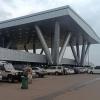
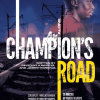
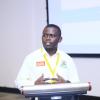

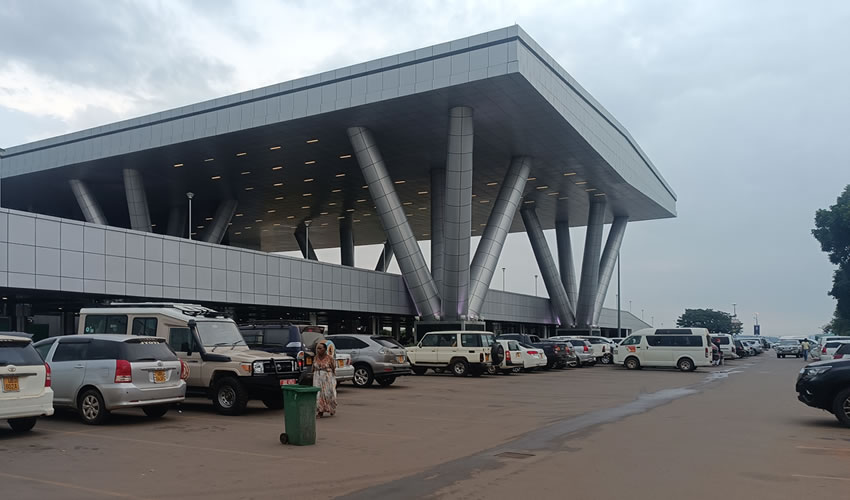
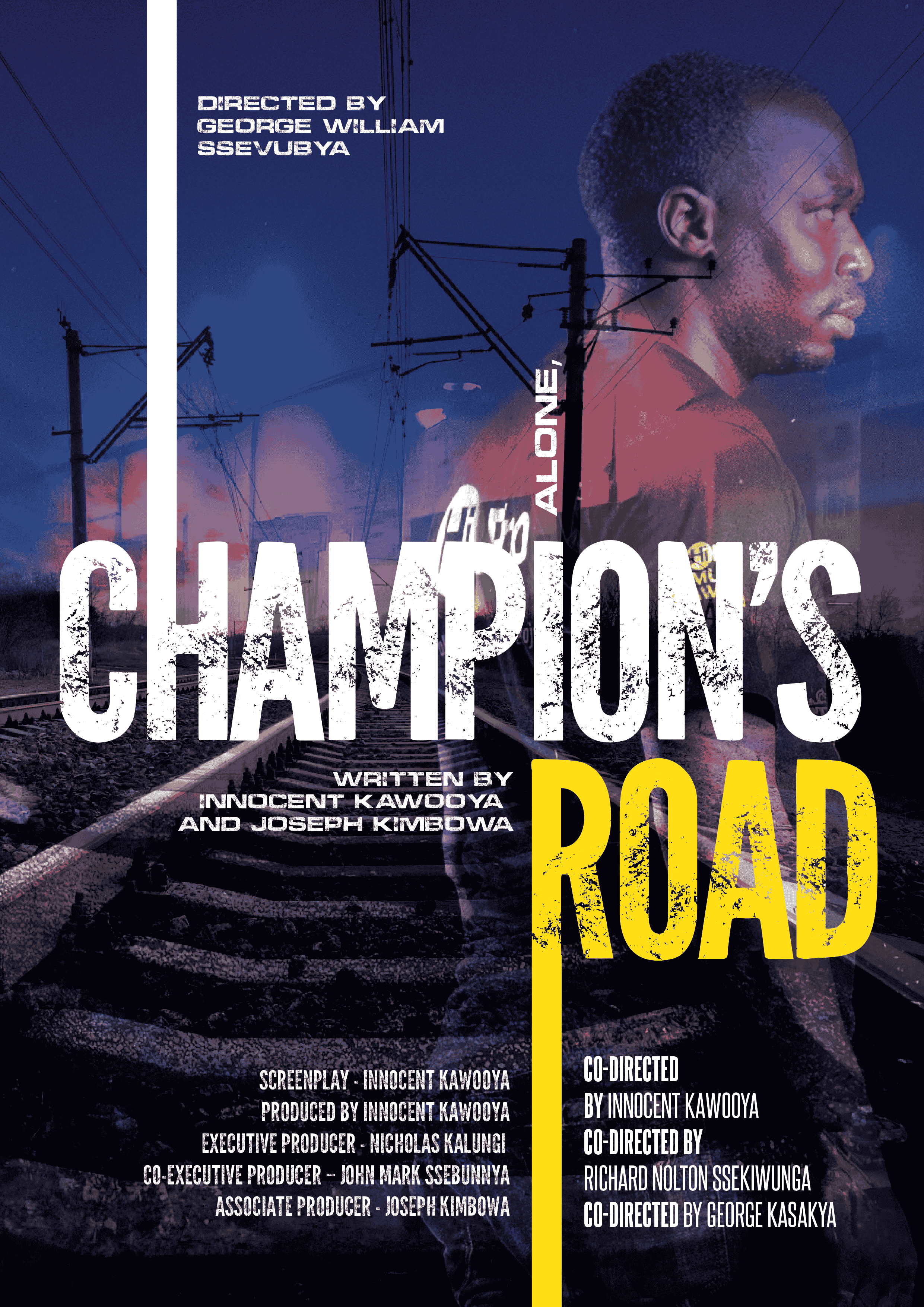

Comments